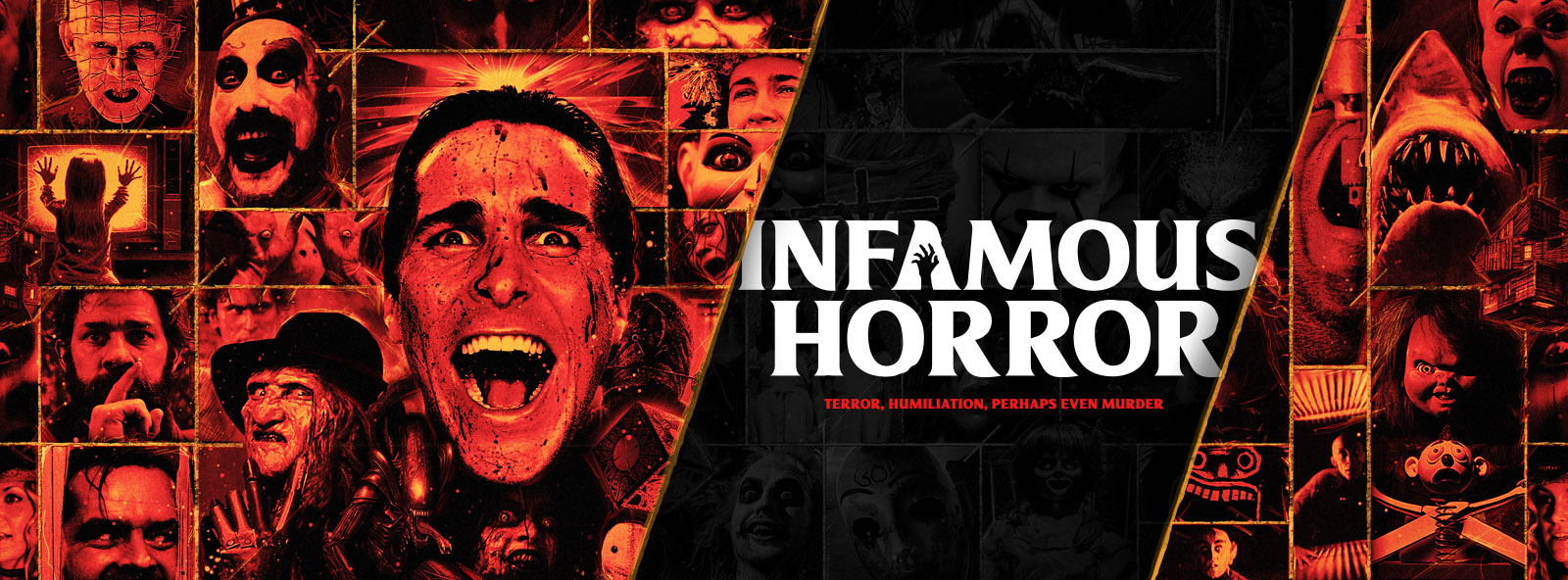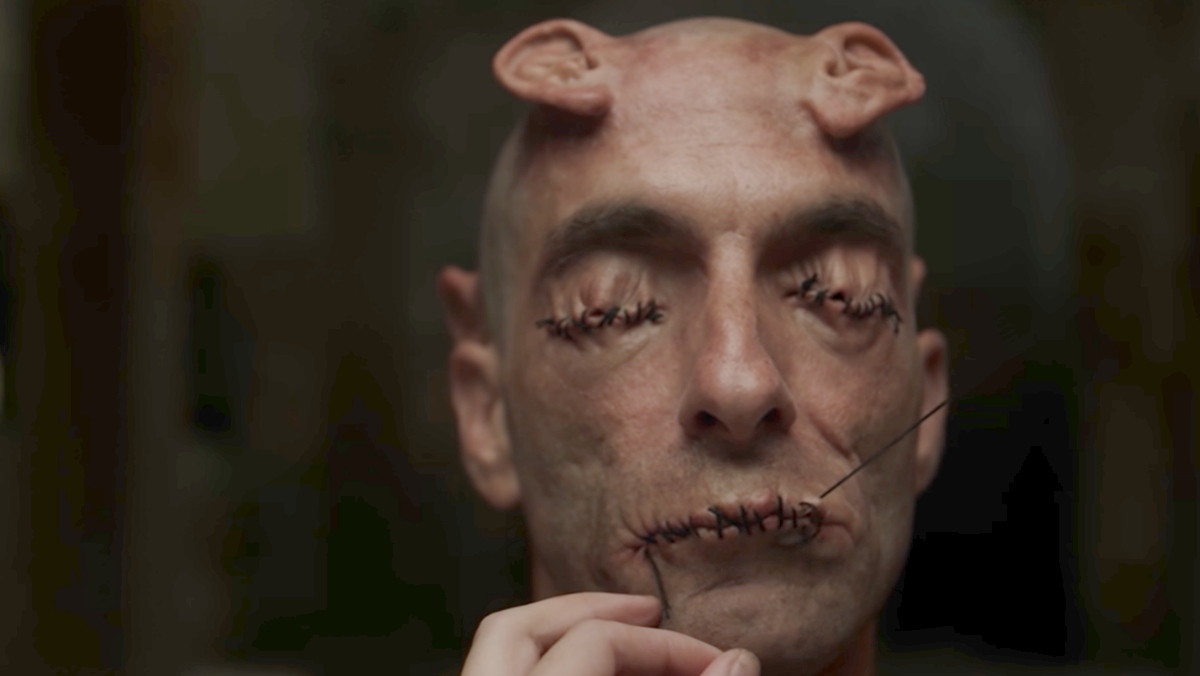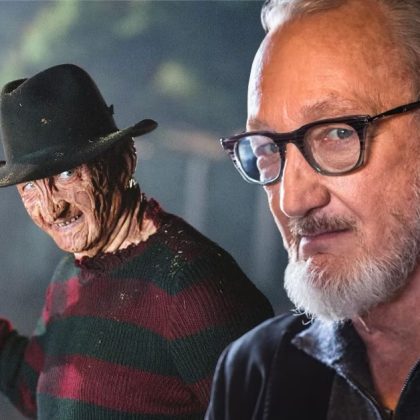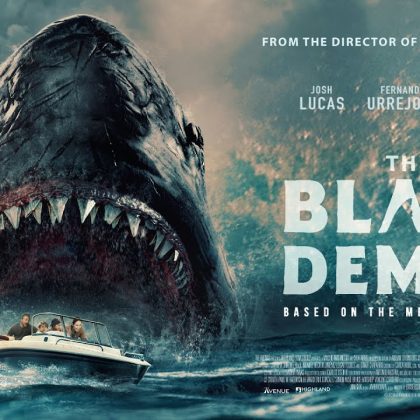Crimes of the Future (2022) Breaking down David Cronenberg’s latest bête noire on film.
The maestro of body horror returns to the screen for the first time since 1999 with Crimes of the Future, a sci-fi body horror starring Viggo Mortensen (Lord of the Rings, A Perfect Murder), Léa Seydoux (Blue Is the Warmest Colour, No Time to Die), Scott Speedman (Underworld, Grey’s Anatomy) and Kristen Stewart (Twilight, The Runaways). The movie is set in a dystopian future and features an abstract plot with the core synopsis of the film revolving around the central premise that the human species has adapted to a harrowing synthetic environment, with certain people having new abilities due to bio-technological-based mutations.
The overall notion of basic human emotions, infection, and pain as we now know them seem to also be extinct and replaced with a form of grotesque synesthetic eroticism (“Surgery is sex, isn’t it?”) in the bizarre world of this mind and body bender of a film.
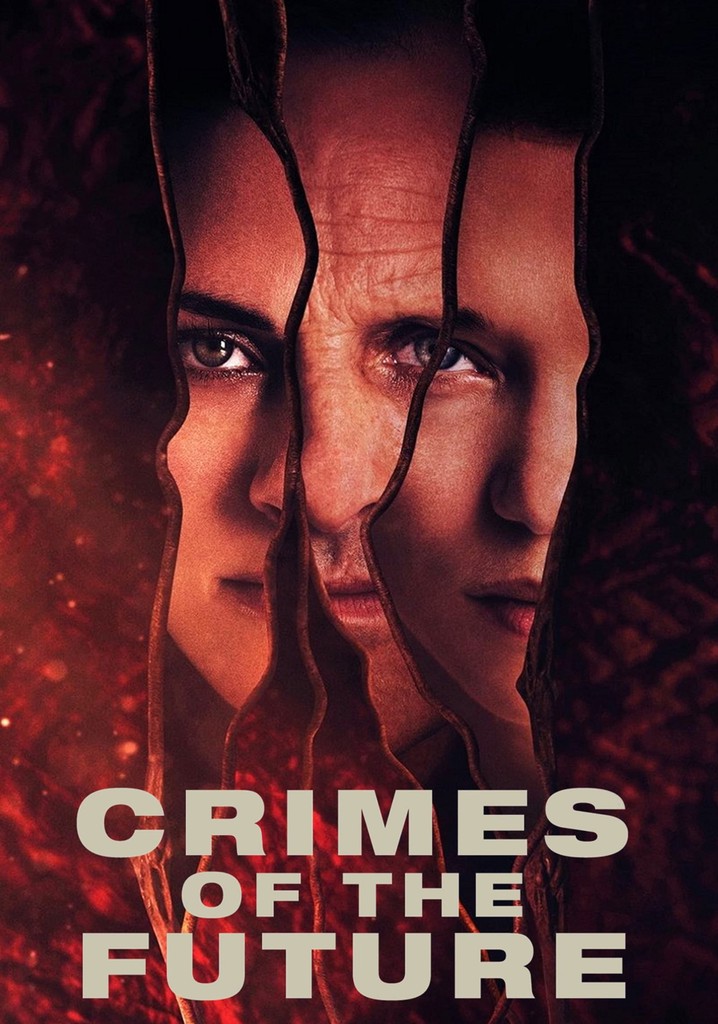
Cronenberg sets the pace immediately in the first act through an appalling but slick opening sequence, where we see a little boy start to devour plastic as if it were normal food and his repulsed mother smothering him to death for this “inhuman” act. Straight away, we are thrown into a “What the fuck?” moment as Cronenberg returns to what he does best and pulls us by the throat into the second act, which sets the tone for the rest of the film. We are then introduced to Saul Tenser (Viggo Mortensen), who has the ability to grow new organs via unique tumors at an exponential rate. His partner Caprice (Léa Seydoux) performs surgeries on Tenser by using an autopsy machine to remove his organs in front of a live audience in the name of performance art. Adding to this, we have Timlin (Kristen Stewart), who is a young investigator from the National Organ Registry, a product of a world government that has outlawed the organic evolution of humans, as they believe any new biological developments would make someone no longer human. Timlin is not all that she seems, and while she obsessively tracks Saul and Caprice, we also see a mysterious group revealed with a purpose.
Crimes of the Future seems to be a story sunk into propositions of artistic expression, authoritarian repression, and Cronenberg’s incessant need to explore subjects around human evolution and the body. He has been quoted many times during his past Q&As in regards to the film and has openly expressed that he believes that evolution doesn’t always equate with effectiveness. “I think we are evolving, not devolving,” Cronenberg said. “I think our nervous systems are completely different from human beings 100 years ago, and I think the use of digital technology has actually altered our nervous systems.” Further adding that, “Evolution does not mean going to something better, it means something different.”
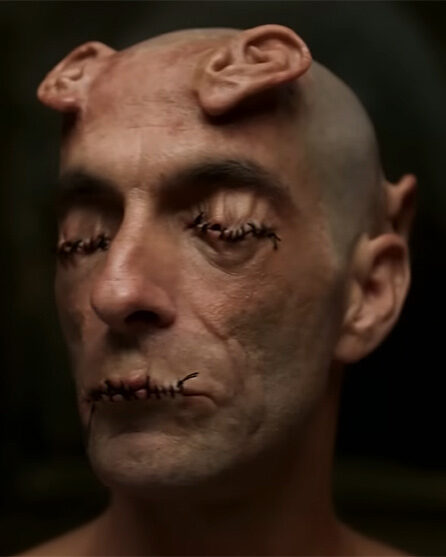
With that in mind, and with so many existential elements intertwined with thrilling body horror, such as live autopsies, wound-licking, and stitched lips, ‘Crimes of the Future’ had the potential to be Cronenberg’s magnum opus. Unfortunately, in my opinion, it falls slightly flat on a few points.
As much as I am personally a fan of “intelligent” horror, the film loses its shine while you are interpreting the word salad with what you are seeing on screen. Ultimately, the story comes together to represent how technology is the extension of biology in the future world that we create.

But the movie’s fundamental flaw is that it is bogged down in heady dialogue that is often vague and not fully fleshed out, hindering the potential impact of the ideas presented. Additionally, in my opinion, the casting of Kristen Stewart as Timlin is a gross miscasting. While I did enjoy her performance in the movie “Lizzie” (2018), in this film, her two blank cardboard expressions and nervous mumblings do not belong. Those with a keen eye may see Cronenberg’s nod to one of his biggest influences via the character of Timlin, who played the part of the harbinger of doom as per the squirrel in Nabokov’s novel “Pnin” and his usage of synesthesia within the film’s core motifs. However, Kristen Stewart’s portrayal of this character is not convincing, and it is awkward and cringe-worthy to watch.
Overall, “Crimes of the Future” is a thought-provoking film with true arthouse undertones that Cronenberg fans will undoubtedly enjoy. However, if you are not a Cronenberg fan, I suggest turning the movie off when the surgical needles come out.
Official Rating: 7.5/10

